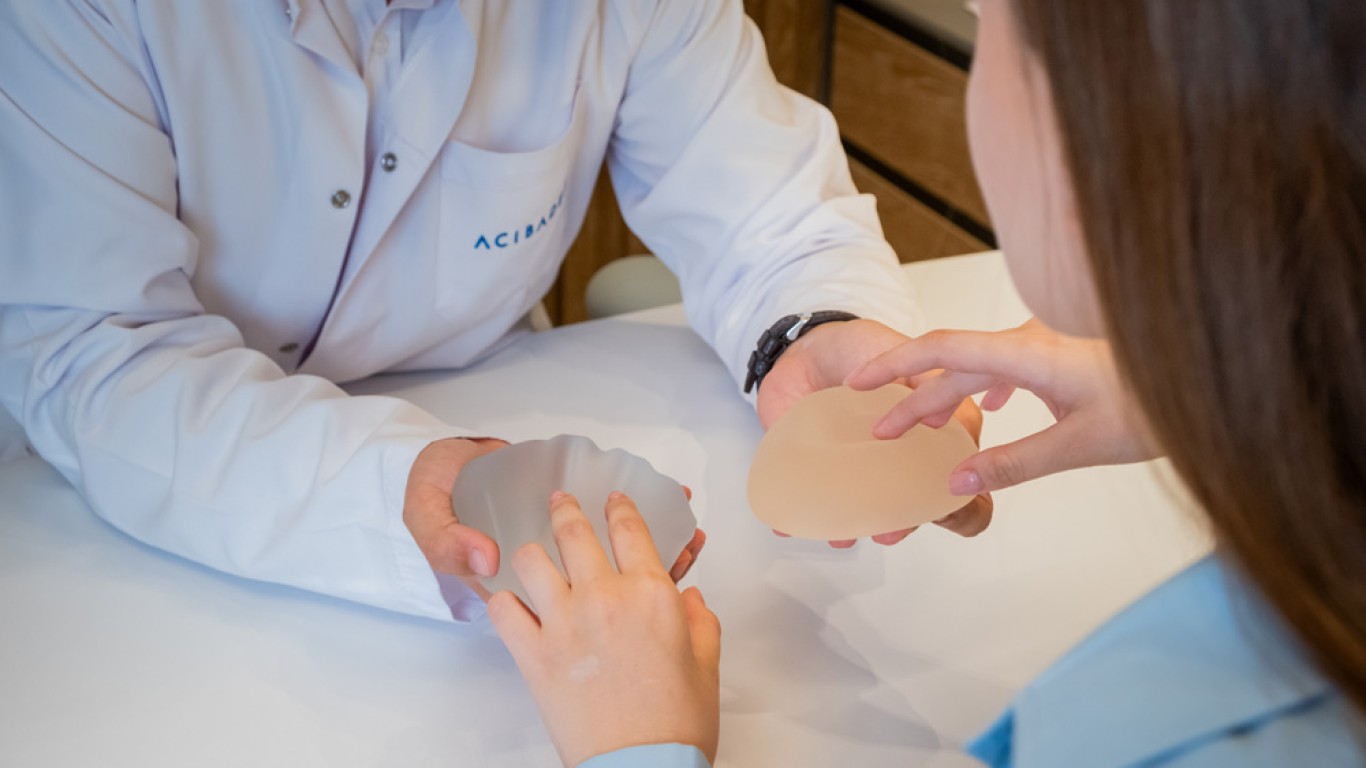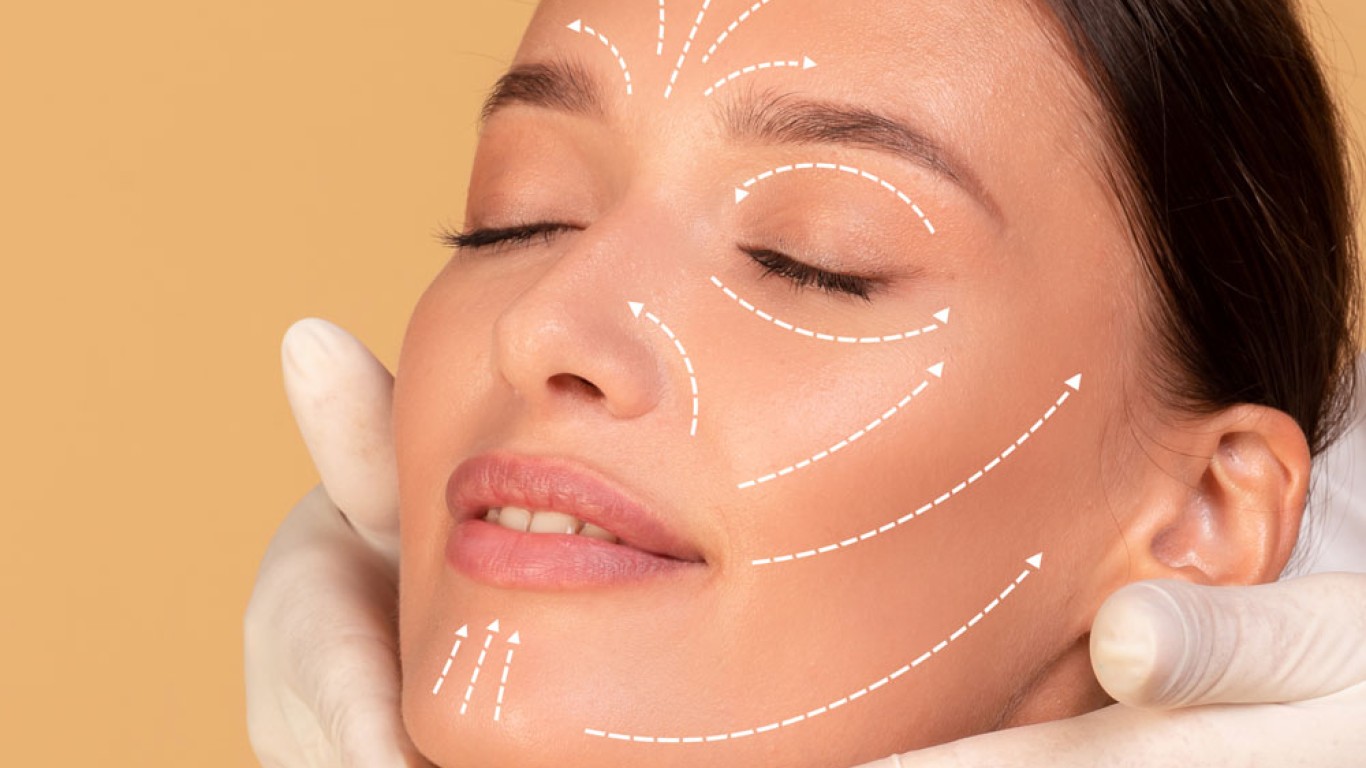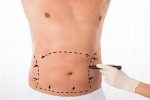Introduction
Post-operative care is crucial in cosmetic surgery. It ensures optimal healing and enhances results. Proper care reduces complications and supports a smoother recovery. This article delves into the importance of post-operative care in cosmetic surgery.
Why Post-Operative Care Matters
Healing and Recovery: Proper care speeds up healing. It minimises discomfort and promotes faster recovery. Following your surgeon's guidelines is essential.
Infection Prevention: Good hygiene and wound care prevent infections. Infections can lead to complications and affect the surgery's outcome. Keep the surgical area clean and dry.
Pain Management: Effective pain management improves comfort. Use prescribed medications as directed. Inform your surgeon if pain persists or worsens.
Swelling and Bruising Reduction: Swelling and bruising are common after cosmetic surgery. Use cold compresses and keep the head elevated. Follow your surgeon's advice on reducing these symptoms.
Maintaining Results: Proper care helps maintain the surgery results. Avoid strenuous activities and follow dietary guidelines. Protect the surgical site from trauma.
Essential Post-Operative Care Steps
Follow-Up Appointments: Attend all scheduled follow-up visits. These appointments help monitor your progress. Your surgeon can address any concerns during these visits.
Wound Care: Keep the incision area clean and dry. Follow your surgeon's instructions for dressing changes. Avoid touching or scratching the wound.
Medication Adherence: Take prescribed medications as directed. This includes pain relievers, antibiotics, and anti-inflammatories. Do not skip doses.
Hydration and Nutrition: Stay hydrated and eat a balanced diet. Proper nutrition supports healing and recovery. Avoid alcohol and smoking, which can impede healing.
Activity Restrictions: Avoid heavy lifting and strenuous exercise. Gradually resume normal activities as advised by your surgeon. Rest is vital for recovery.
Monitoring for Complications
Signs of Infection: Watch for signs of infection, such as redness, swelling, or discharge. Fever and increased pain are also warning signs. Contact your surgeon if you notice these symptoms.
Unusual Symptoms: Report any unusual symptoms to your surgeon. This includes excessive bleeding, severe pain, or changes in the surgical area. Early detection of issues is crucial.
Emotional and Psychological Support
Mental Health: Cosmetic surgery can impact mental health. Seek support if you experience anxiety or depression. Counselling or support groups can help.
Body Image Adjustment: Adjusting to a new appearance can be challenging. Give yourself time to adapt. Celebrate your progress and achievements.
Conclusion
Post-operative care is vital in cosmetic surgery. It ensures optimal healing and enhances results. Follow your surgeon's guidelines, monitor for complications, and seek support if needed. Proper care leads to a smoother recovery and better outcomes.
For more information on cosmetic surgery please visit the ACIBADEM Beauty Center webpage.
Frequently Asked Questions
It ensures optimal healing and enhances surgery results.
Use cold compresses and keep your head elevated.
Look for redness, swelling, discharge, fever, and increased pain.
Proper hydration supports healing and recovery.
Give yourself time and seek support if needed.
















